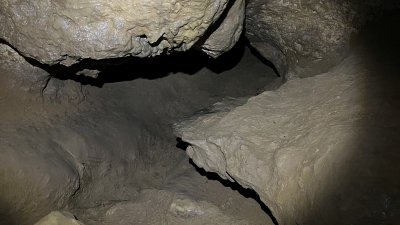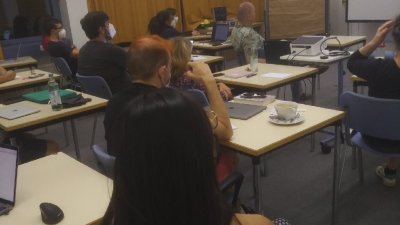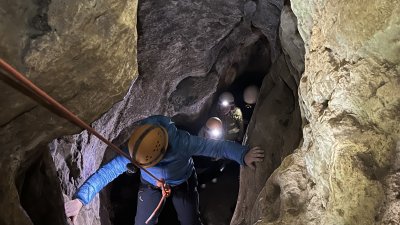18.04.2024
Prof. Dr. Kevin Thurley
Effective immune-cell responses depend on collective decision-making mediated by diffusible intercellular signaling proteins called cytokines. Here, we designed a three-dimensional spatio-temporal modeling framework and a precise finite-element simulation setup, to systematically investigate the origin and consequences of spatially inhomogeneous cytokine distributions in lymph nodes. We found that such inhomogeneities are critical for effective paracrine signaling, and they do not arise by diffusion and uptake alone, but rather depend on properties of the cell population such as an all-or-none behavior of cytokine secreting cells. Furthermore, we assessed the regulatory properties of negative and positive feedback in combination with diffusion-limited signaling dynamics, and we derived statistical quantities to characterize the spatio-temporal signaling landscape in the context of specific tissue architectures. Overall, our simulations highlight the complex spatiotemporal dynamics imposed by cell-cell signaling with diffusible ligands, which entails a large potential for fine-tuned biological control especially if combined with feedback mechanisms.




